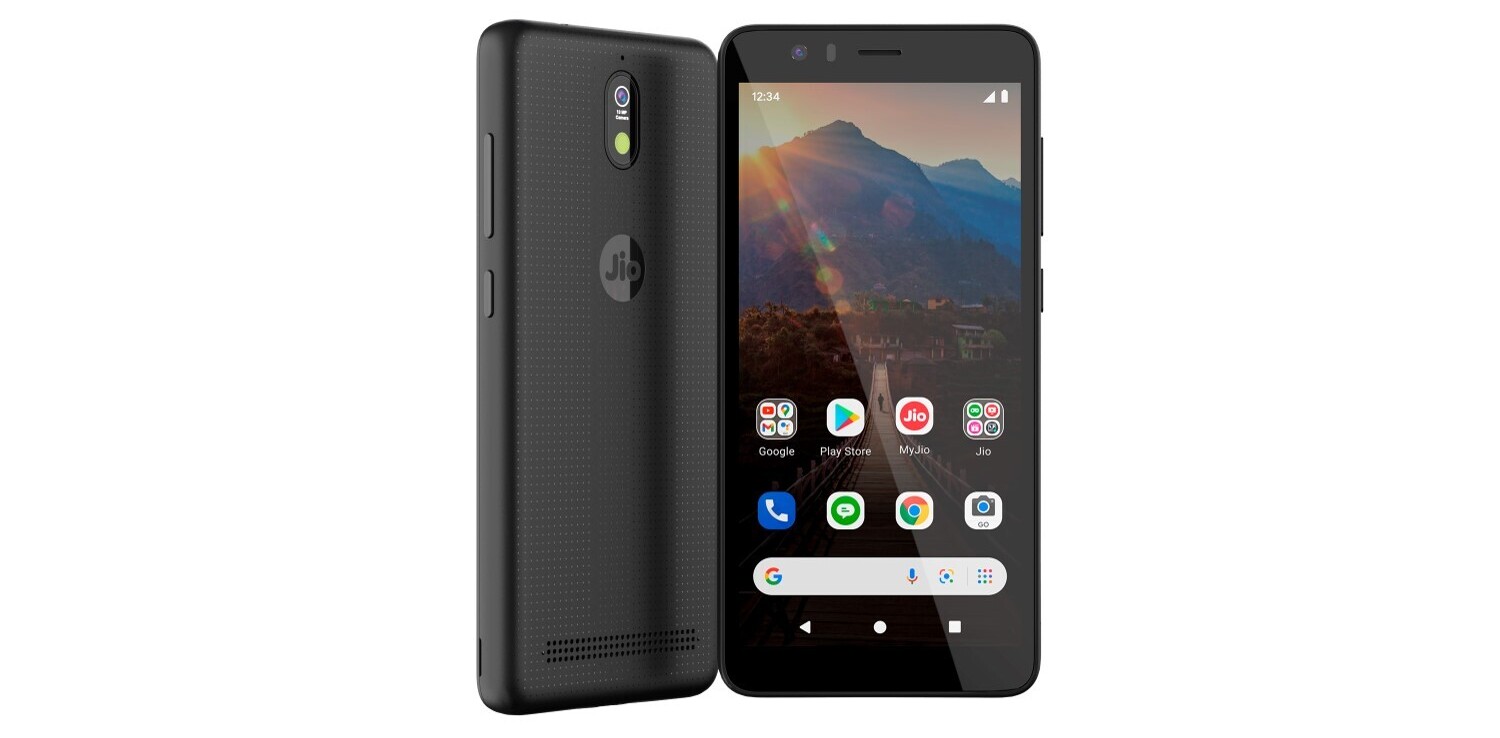
How creative can you get with payment platforms? After all, it just revolves around the same old boring process of sending and receiving money.
However, two startups have shown that you can spin a twist of creativity on online payment platforms to get attention from users — be it those who want to send money or receive money. In doing so, both startups have captured the attention of investors, announcing recently that they have raised funding to boost their businesses.
POKKT lets advertisers pay for consumers’ content
Monetizing digital content is always a tricky task, and companies that want to receive money for their products — be it app developers or large companies aggregating and selling content — can find it a herculean task.
POKKT (pronounced as ‘pocket’) is an alternate mobile payment platform based in India that aims to solve this problem. Instead of asking users to pay directly for the digital content they consume (which everyone knows can be a tough problem to address), it is linking up with advertisers.
How POKKT works: when an app developer integrates the POKKT SDK into its app, a user who wants to download a music album, for example, can choose to either pay cash via several payment options, or they can get it for free — but they must choose from an option such as downloading another app or liking something on Facebook or filling in a lead form.
This is where advertisers come in. Basically, advertisers are paying for consumers’ digital content, but in return they raise their performance-based advertising — which is calculated by metrics such as clicks, or actions taken by consumers including filling up a form and installing something. Essentially, the success of the advertising is measured by the action of the consumer.
There is an algorithm that gauges the “price” of the action and matches it to what the content costs. POKKT founder and CEO Rohit Sharma tells TNW:
At the core we have the product and platform, then we have 2 key stakeholders: those who are selling digital content and advertisers who are running campaigns on POKKT. We give users the content free because he chooses to do the advertiser’s action.
POKKT announced recently that it has raised its seed round of funding from Singapore-based venture fund Jungle Ventures, and Samir Bangara, co-founder and managing director of Qyuki Digital Media.
“What we are doing today, nobody is doing in India,” Sharma says.
Fastacash lets people transfer money via social networks
Jungle Ventures has also just funded another payments-related startup, Singapore-based Fastacash. In all, Fastacash raised $3 million from Jungle Ventures, SPRING SEEDS Capital — the investment arm of government agency SPRING Singapore — and Hong Kong-based Funding the Future (FTF). Before this, the company already raised $1.5 million in 2012 during a seed round led by FTF.
The way Fastacash works is simple: it lets users transfer and receive money on social networking platforms through just a link.
Log in to your Fastacash account, add someone from your social network, enter the amount you want to send, and the person will get a Fastalink (a secure URL) on any social networking site or messaging platform, which he can then click to access his money. The same process can be applied if you want to ask for money.
Fastacash says that as security is the core of the company’s link-generation technology, “the links generated come with multiple layers of built-in security measures, including limited one-time use, specified expiration date and password protection.”
The startup is working with companies including banks, remittance service providers, mobile operators, social networks, gaming companies and consumer brands to integrate this link solution into their systems.
What’s more, Fastacash has spun an additional layer on top of its payment platform — it lets users transfer digital content such as photos, videos or audio messages along with your money. Fastacash CEO Vince Tallent says:
Our solution is adaptable across multiple platforms. We are looking to work closely with our partners from different industries to understand the respective consumer behavior and to offer the best use of the link generation technology…
Our vision is to create a global network by connecting our partners, where moving value can be simple, secure and done across multiple social networks and messaging platforms.
Expansion plans for these two payment platforms
Being creative and turning the typically unexciting payments industry around has helped these two startups stand out from their competition — and addressed the pain point of people in less-developed countries who do not use credit cards or have less motivation to pay for digital content.
As of now, POKKT has taken on more than 25 advertising campaigns, and in three months, it already has about 25,000 customers who have carried out transactions on the platform. The company is looking to move into Southeast Asia, as it aims to take its technology to Singapore and Indonesia before June 2014.
On the other hand, Fastacash announced the official launch of its service in the UK, which allows people in the UK to send money to M-Pesa account holders or any bank account holders in Kenya. It has plans to launch in Indonesia and Russia this year.
The online payments industry is ripe for disruption at this time as more people in emerging countries get access to the Internet. It seems that despite being an unsexy area for startups to be in, putting a creative touch to it and addressing the needs of users is what startups can do to shake it up a bit and threaten the incumbent payment services on the market right now.
Headline image via Shutterstock, other images via Getty Images and Getty Images
Get the TNW newsletter
Get the most important tech news in your inbox each week.






